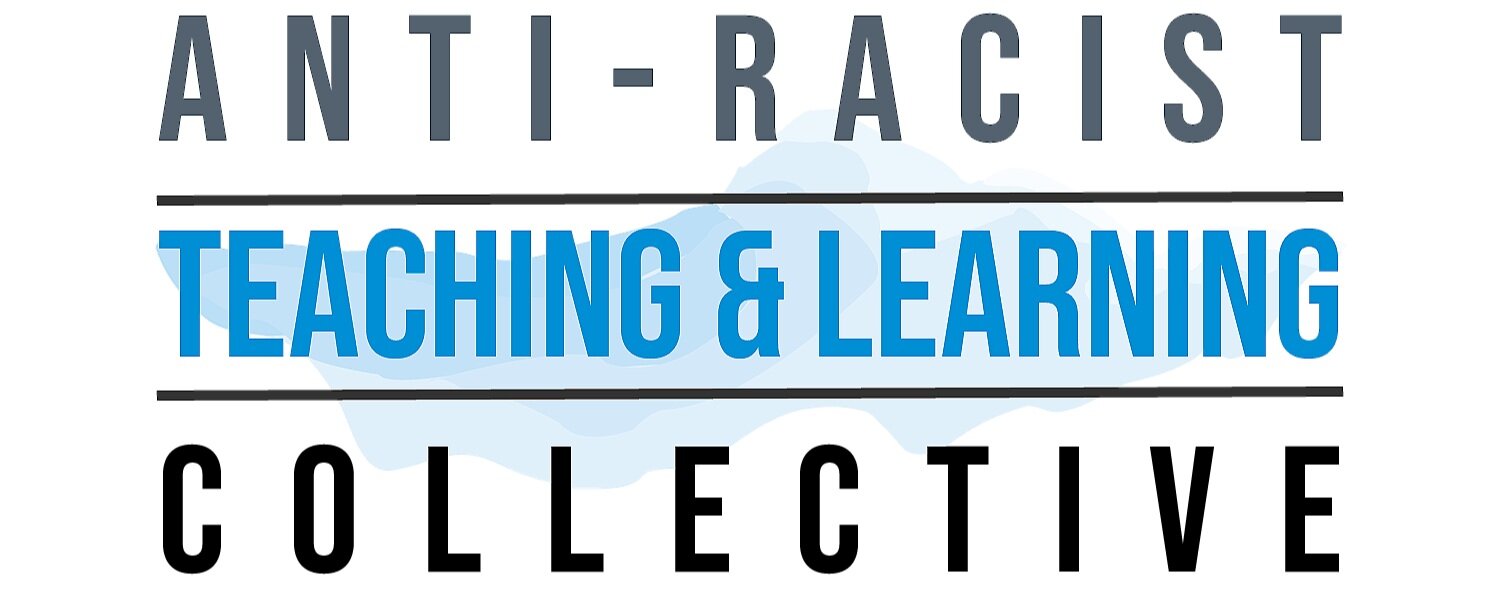Identity and Social Justice
Curriculum unit. By Marco Cenabre. This course introduces students to the nuances of identity, race formation and the historical injustices and responses tied to both. Students will participate in informed conversations about race and equity, produce creative and analytical writing, while significantly improving their analytical reading and writing skills. They will engage in ethical reflection, find a platform for their voice, and learn content that’s relevant to the current day.
Essential questions:
What is an American and what is the criteria for membership?
In society, what is our obligation to each other?
What are the social identities that make up and individual, and to what extent can they change?
What are the different types of racism, and what is the importance of understanding the working definitions?
What is the purpose and functions of music, and what can we learn from analyzing it?
What is the connection between Hip Hop and Activism?
Chris Kando Iijima, Nobuko JoAnne Miyamoto, and Charlie Chin of the 1970s band “Yellow Pearl.” This lesson uses their song, “We Are the Children” to help students recognize music as a modality for expression, organization and unlocking history. (Photo from Asian Americans United)
Teacher Introduction
I teach 10th-12th grade literature at New Haven Academy. We are a small magnet school of approximately 260 students. Our school demographics are reported, 66% Black, 24% Hispanic, 6% White and 3% Asian. We are affiliated with The Coalition of Essential Schools, and one of the founding schools of the organization, Facing History and Ourselves. Under both of these organizations, our school operates on their principles: depth over coverage in designing curriculum, teaching students to use their minds in contrast to harnessing content, positioning students as workers and teachers as coaches, fostering a culture of democracy and equity, and demonstrating non discriminatory practices and pedagogies. Through Facing History, our school demonstrates a commitment to social justice, ethical reflection, conscious citizenship, demonstrating up-stander-ship in the face of oppression.
In the 9th and 10th grade literature courses, we heavily focus on the ability to communicate an argument through use of evidence in verbal, and written expression. Student craft arguments after analyzing a novel, producing argumentative essays, and using the evidence they gather to also engage in formal discussion. When students advance to the upper grades , they use these fundamental skills to engage in a specific elective. Our courses are not tracked by ability; there is no honors students, and my room consists of students with varying levels of reading and writing.

